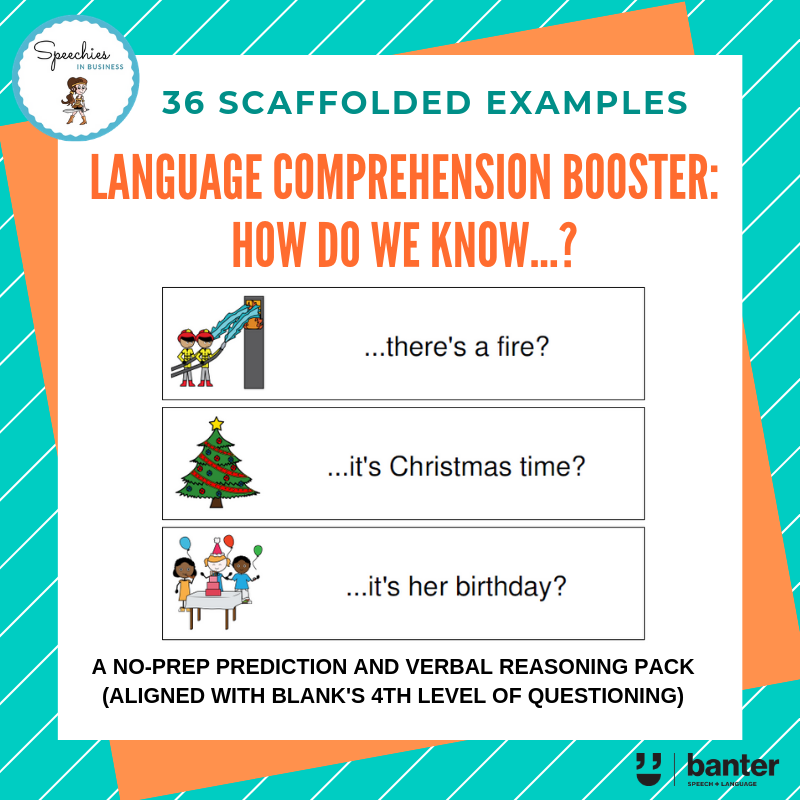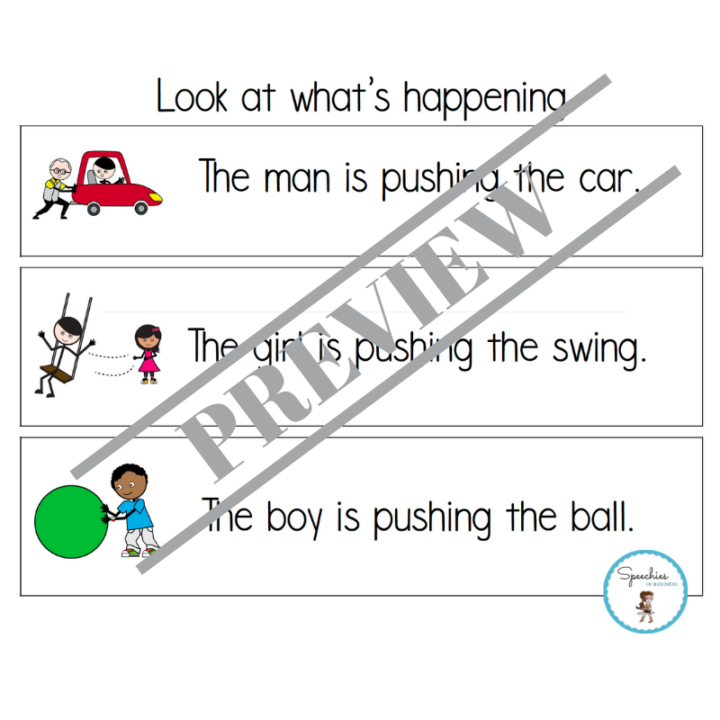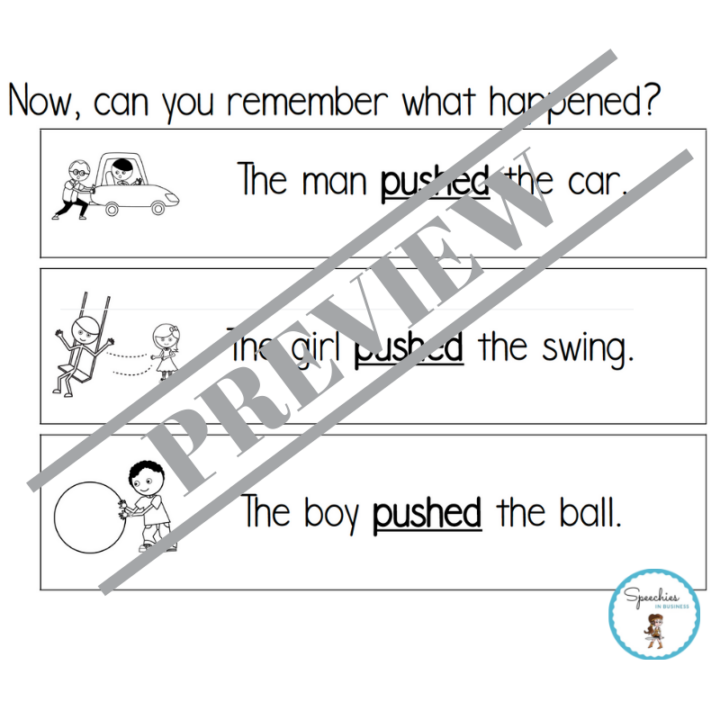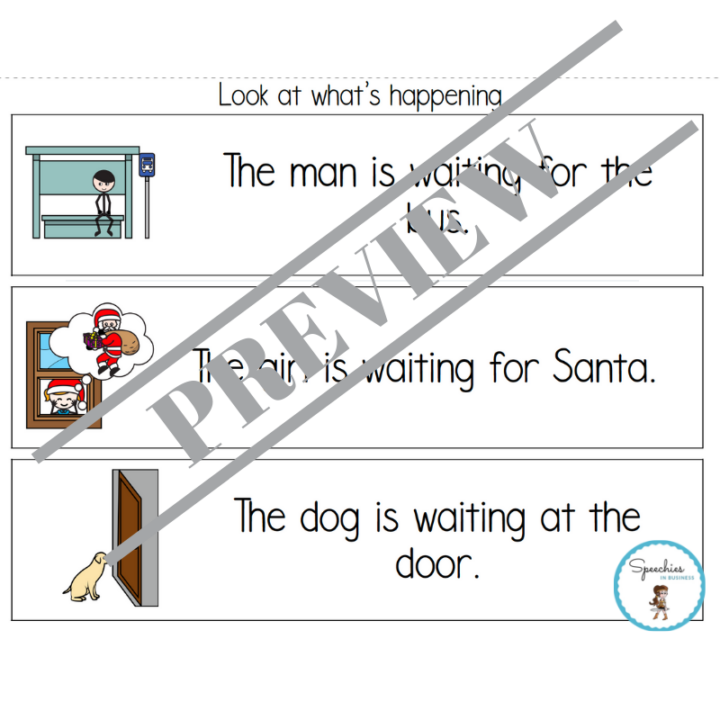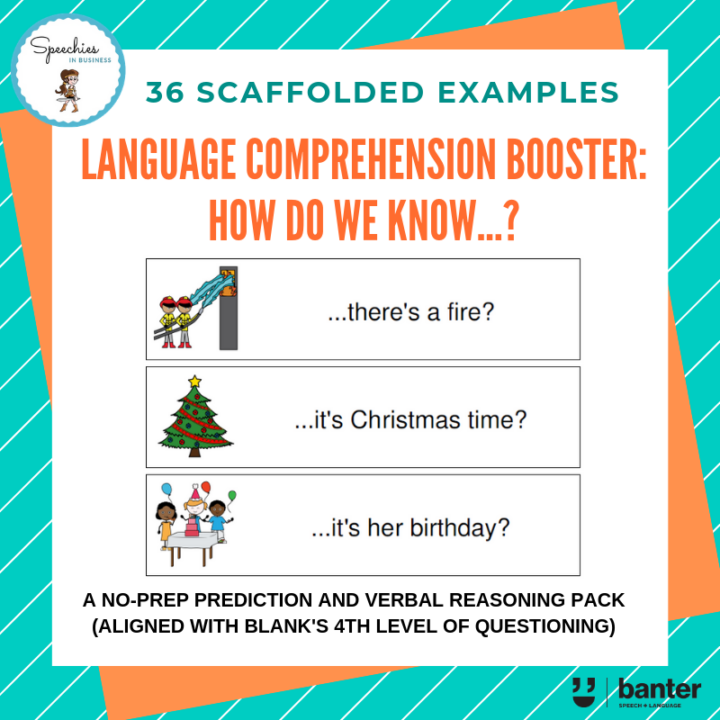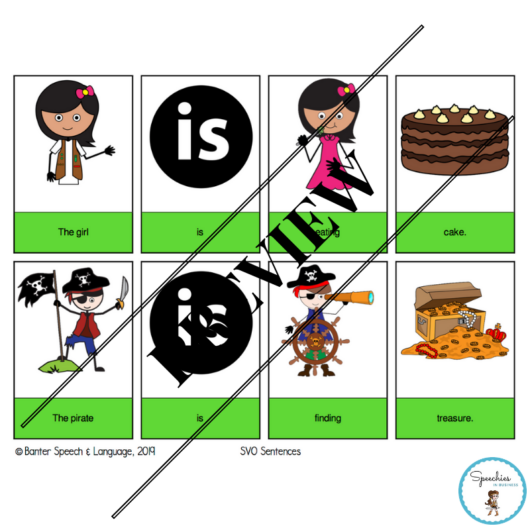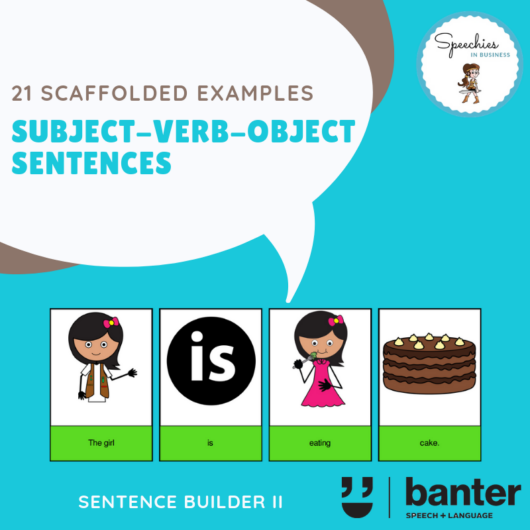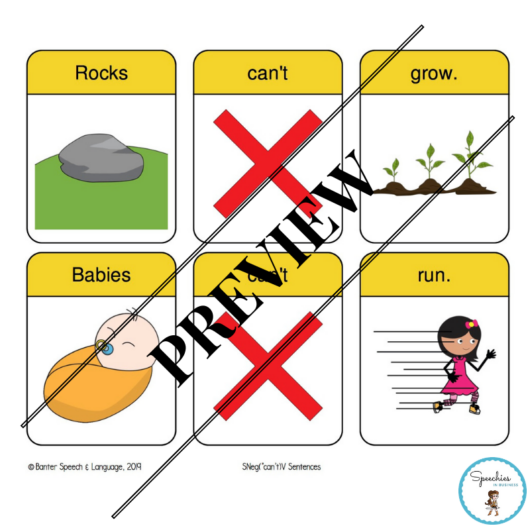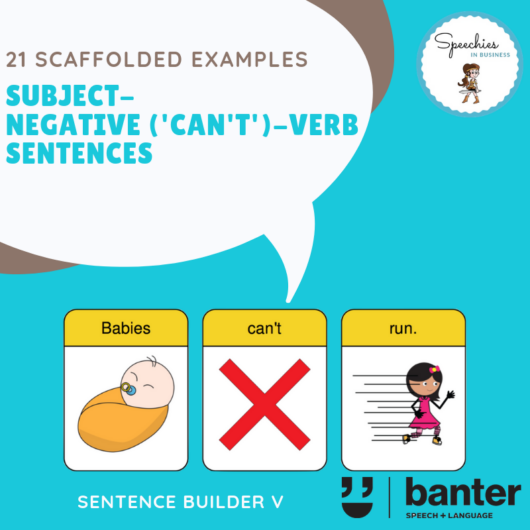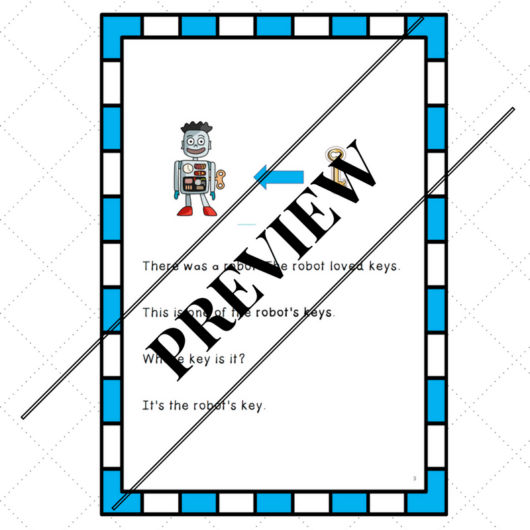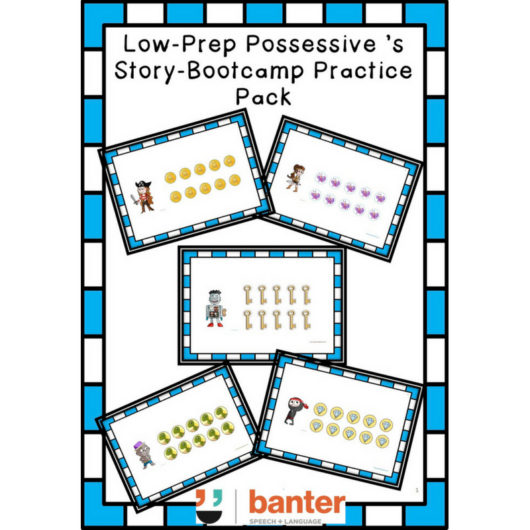Description
Some researchers think that up to 15% of young school kids don’t have the language comprehension skills to cope fully with the demands of school (Hart & Fielding-Barnsley, 2009). Many of these kids struggle – some for their whole lives.
For most kids, school and home life plays a big role in helping to understand and use language (Morgan & Goldstein, 2004; Nation, 2005). So what can we do to improve students’ understanding of language?
Well, it helps to have a plan. And good plans are based on tried and tested frameworks. For language comprehension, one of the most influential frameworks was developed by Dr Marion Blank, a developmental psychologist. Dr Blank proposed four levels of abstraction, from least to most abstract:
-
- Level 1: Directly supplied information (Matching perception).
-
- Level 2: Classification.
-
- Level 3: Reorganisation.
-
- Level 4: Abstraction and Inferences.
Many Level 3 and 4 tasks require children to make inferences – ideally skills we want kids to have or to be developing when they start school and start learning to read.
Most (although not all) kids start school with an ability to complete Level 1 and 2 tasks. But from there, it gets rocky: about 50%-65% of 5 year-old kids from well off households with educated parents can answer Level 3 questions – but only about 10% from disadvantaged backgrounds, including kids with average intelligence. Many children with Autism Spectrum Disorder or social language disorders have significant difficulties answering Level 3 and 4 questions.
In this 16-page no-prep pack, we target Blank’s Level 4 language comprehension tasks. Specifically, we ask students to look at a picture and draw inferences that explain why a certain proposition is true. This requires students to generate mental models of each scenario, to then reflect on their existing knowledge of the world, and to then explain why the statement given to them is true. This can be used as an oral language task, or as a written task. Some of the exercises require students to look for clues, e.g. facial expressions, and to demonstrate a theory of mind, to answer the questions correctly. To make the exercise more challenging, ask the student to explain why the statement is true (requiring the student to generate a logical explanation) and/or to explain what happened immediately before or after the picture.
To read more about Marion Blank’s Levels of Questioning, check out our article here.
